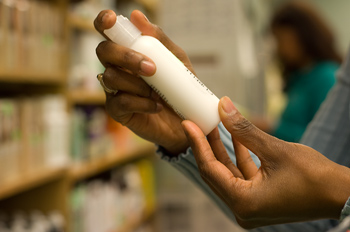The Organic Advantage and the Labeling Confusion

If you purchase organic produce, you’ll be getting produce that has no chemical fertilizers and pesticides when growing. When this produce is grown, special attention is paid to the soil health, the ecosystem, and the animals around. Because of these precautions that are taken, there are a variety of benefits that you can enjoy when purchasing organic produce.
First of all, you’ll find that when produce is grown organically, it reduces the amount of chemicals that you eat in your food, which can improve overall health. It also uses some practices that get rid of chemicals that pollutants, reducing nitrogen leaching, which can help in preserving water sources. Organic production also creates a food supply that is healthier and safer, it improves soil quality, and protects rural life too.
You’ll even find that organic foods and other products help to preserve a good economy. While it may seem to cost you a bit more, the organic farming is cheaper when it comes to health and environmental costs. Habitats for wildlife and humans are also healthier because of organic agriculture because it prioritizes a healthy and balanced ecosystem.
Of course, there happens to be a bit of label confusion when it comes to organic products today. While some terms you see may be significant, there are others that are not. Remember that some of these products may not even be organic. Here is a look at some of the labeling terms you may see:
- Recycled – When you see a label that says recycled, it means that it at least contains some materials that would have been wasted. If it says it is recyclable, then it means that you can reuse the materials, but it doesn’t mean that someone will.
- Green – While a green product isn’t as hard on the environment, it’s not considered organic unless you see the special certification symbol on it.
- Not Tested on Animals – When you see the logo of the “leaping bunny” it is a guarantee that there were no tests done on animals.
- Biodegradable – This simply means that this product will break down in a natural and easy way. Find out whether just some of its ingredients are biodegradable or if all of them are.
- Friendly and Safe – While this may give you a good image of the product, if there isn’t any other information, then you really don’t know if the product is good for the environment or not. Be careful.
Going with organic products is an excellent idea. However, you don’t want to be fooled into thinking that certain produce is organic when it isn’t. Take a good look at these labels and watch out for them in stores. Remember, if it doesn’t say organic, these terms don’t mean much.



